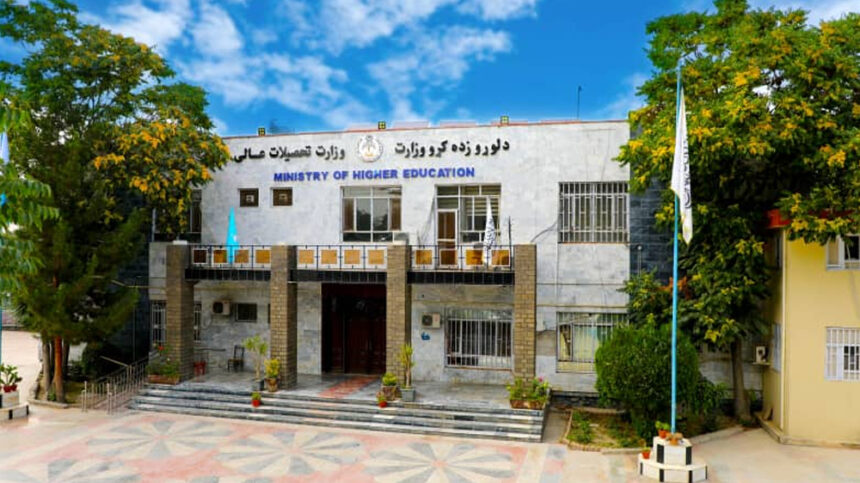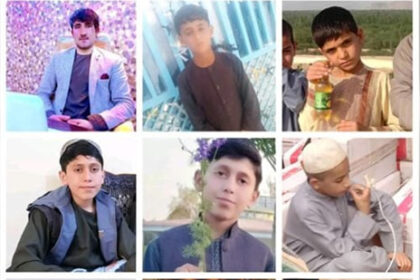RASC News Agency: The Taliban’s Ministry of Higher Education has issued a formal directive invalidating several international academic journals, barring their use by the Department of Research, Writing, and Translation, as well as other affiliated academic bodies. The directive, dated October 22, 2024, mandates that these journals be excluded from academic and research activities. The decision, taken during a meeting of the Scientific Commission under the Directorate for the Coordination of Scientific Journals on October 21, 2024, was officially communicated to public and private universities through circular number (351).
The ministry’s list includes ten journals that are now deemed unsuitable for academic purposes: Rihan, Social Sciences Quarterly, Journal of Sharia Foundations for Specialized Research, GPR Journals, Science and Education, UCT Journals, Spring Journal of Arts, Humanities, and Social Sciences, Journal of Applied Sciences and Biotechnology Research, International Journal of Advanced Education and Research, and Spring Multidisciplinary Journal (available in Pashto, Persian, and English). The Taliban’s directive asserts that these journals lack credibility due to their substandard content, with some reportedly featuring articles marred by spelling and grammatical errors.
Furthermore, the Scientific Commission has decreed that any international journal publishing in more than two languages is inherently unreliable and should be disqualified from academic usage . The ministry clarified that articles presented at international conferences will only be recognized if they are published in esteemed journals indexed in Scopus or Web of Science. Publications in other journals will be disregarded. Additionally, the directive emphasized rigorous scrutiny in granting licenses to domestic journals labeled as “international,” stipulating that such journals must operate a professional website as a prerequisite for approval.
Since the Taliban’s resurgence in Afghanistan, the nation’s scientific and educational spheres have faced significant setbacks. Academic freedom has been curtailed, and numerous scholars and researchers have been forced to flee the country. This policy further underscores the Taliban’s restrictive approach to education and research, exacerbating the challenges faced by the academic community in Afghanistan.






